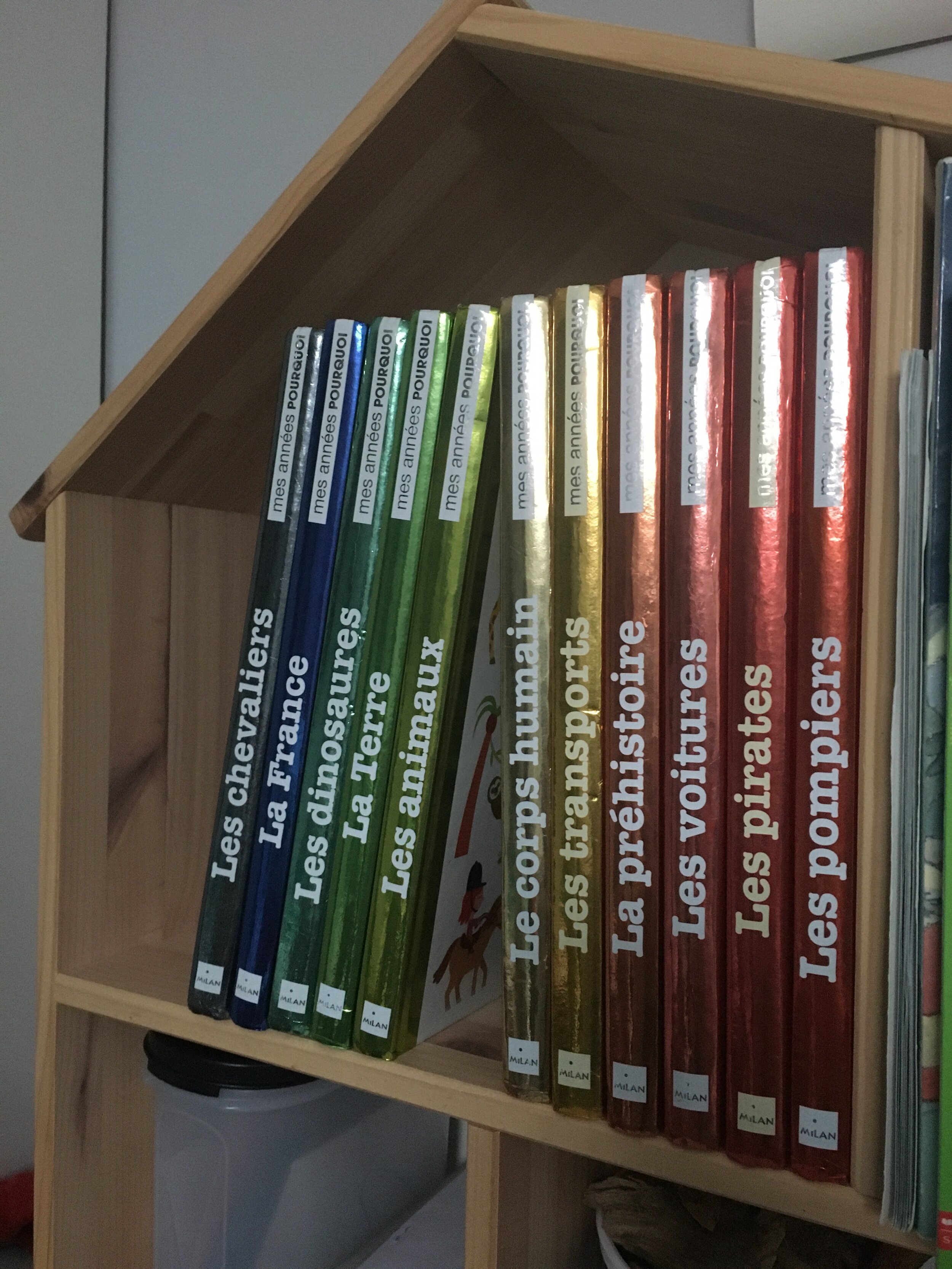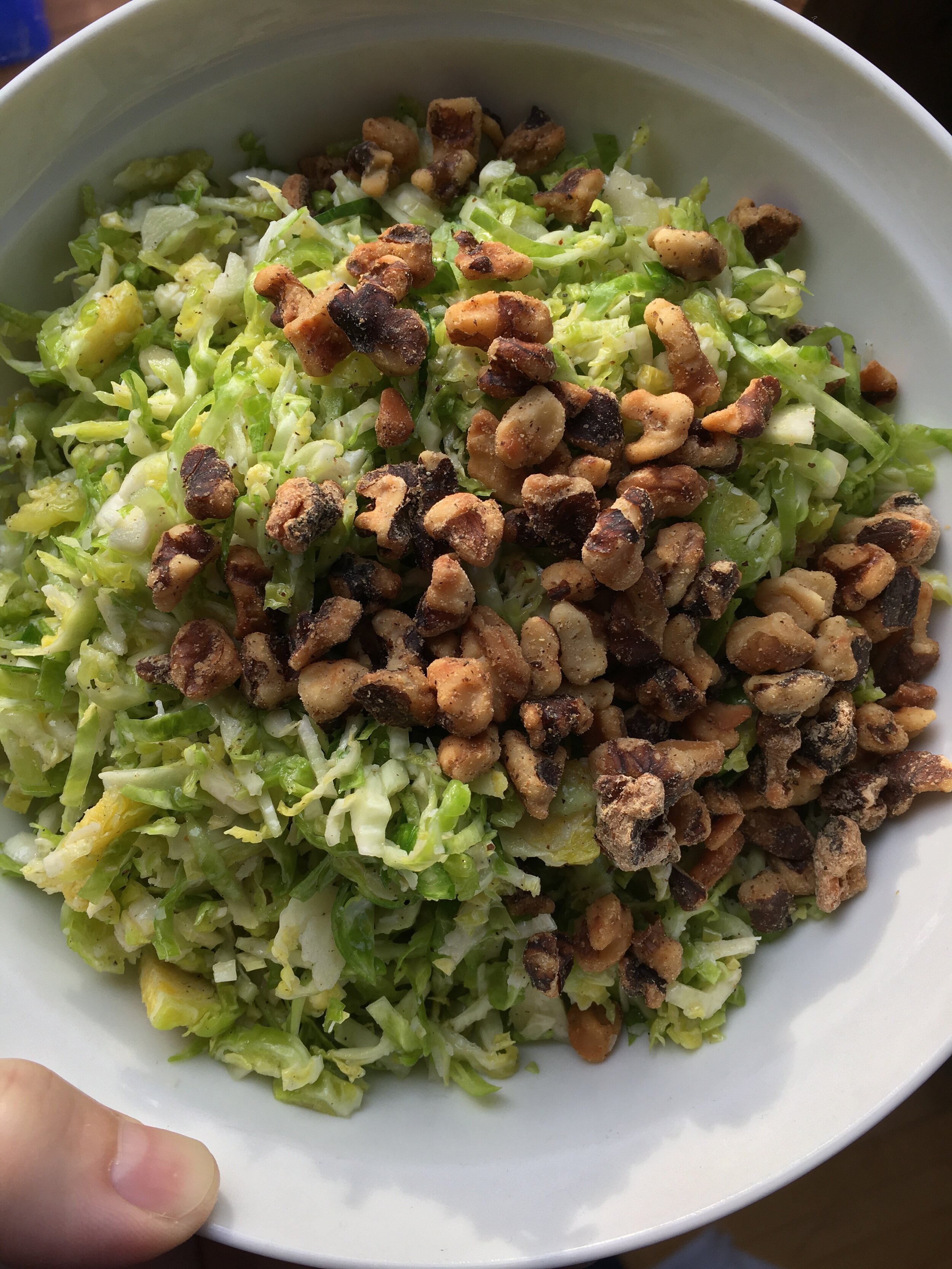Sometimes, when I blow-dry my hair, the loose strands form themselves into a ring around my thumb. I feel a tiny pang of regret when I slip the hair-ring off and throw it out. It’s like a wasted piece of tiny art.
But what would I do with it? And wouldn’t it be a little macabre to take a picture?
The Victorians used to transform their stray hair into pieces of art. I learned this when we visited the Dalnavert Museum and there was a hair wreath on display in the attic. (You might still be able to see it here.) I thought it was a sign of quaint olden-day thriftiness, where nothing, not even stray hair, is thrown away. Apparently, it has more to do with period sentimentality.
On an episode of “This Is Love,” the host Phoebe Judge includes this snippet of interview with Drew Lanham, a wildlife biologist on the podcast to talk about his passion for birdwatching:
Phoebe Judge: “Can I tell you something wild?”
Drew Lanham: “Sure”
P.J.: “And given your response to this we will or will not cut it from this interview…”
D. L.: “Ok!”
P.J.: “Do you know what I’ve been doing since I was a little girl?”
D. L.: “What’s that?”
P.J.: “I’ve been taking the hair from my hairbrush and putting it outside for the birds, for their nests…”
D. L.: “Perfect.”
P.J.: “And my grandmother did this her whole life and she had this wonderful white hair and she’d been doing it forever and right before she died, uh, she found a nest in a tree and it was completely covered inside with her white hair.”
D. L.: “Wow! What a gift! I mean…”
P.J.: “Is that something we should…”
D. L.: “Yes! Yes!”
P.J.: “…should we be putting… ok, because I really… it’s pretty crazy to catch me outside putting my hair around on all the bushes...”
D. L.: “Well that’s a really cool thing. (…) It’s sorta a way of giving back, right? It’s a way of giving back. And you talk about your grandmother having done it. Your grandmother probably watched those before her do it. And in a way that’s a legacy passed forward. And you can imagine that hair cradling, nurturing a nest of eggs. And then keeping those naked young warm.”
I have trouble imagining such a thing. I don’t know why. In fact, I envy those two their whimsy. Instead, my mind slants toward Victorian morbidity, and to the depressing fact that pigeons have amputated toes because of “waste human hair” as The New Scientist calls it. For them, it’s not a hair-ring but a hair-noose around their doomed digit.























